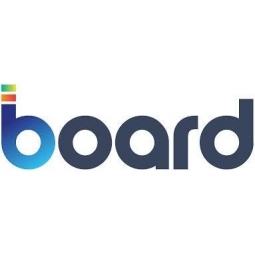Digital Transformation in RDM Group through Intelligent Planning
- Analytics & Modeling - Predictive Analytics
- Platform as a Service (PaaS) - Application Development Platforms
- Equipment & Machinery
- Finance & Insurance
- Logistics & Transportation
- Sales & Marketing
- Augmented Reality
- Intelligent Packaging
- System Integration
RDM Group, a leading producer in the recycled cartonboard business, embarked on a complex journey to embed digital intelligence across the entire organization. The Group aimed to incorporate AI, no-touch transactions, augmented reality, and Bot technology into its operations. However, the Group faced challenges with its existing processes. These processes were not integrated, data and insights were stored in silos and only sent electronically on request, and information analysis was manual and ad hoc. The Group needed a solution that would integrate and automate processes, provide real-time visibility of data, introduce descriptive, diagnostic, and predictive analytics practices, and enable data sharing across different departments, professional functions, plants, and headquarters.
RDM Group is the leading producer in the recycled cartonboard business and the largest producer in Italy, France, the Netherlands, and the Iberian Peninsula. The Group's business model follows that of the circular economy, which replaces the concept of waste with that of resource. The Group has embarked on a complex journey to embed digital intelligence across the entire organization, including AI, no-touch transactions, augmented reality, and Bot technology. The Group has a production volume of 1,470 tons/yr of paper, employs 2,300 people, operates in 70 countries, and generates revenue of over €803M.
To overcome these challenges, RDM Group chose the Board Intelligent Planning Platform. This platform transformed financial and operational planning and optimized data use, from the paper machines at each factory to HQ business reviews. The platform enabled in-depth data analysis, scenario simulation, and the easy review of deviations. The company used Board for operational reporting (production and sales), financial and sustainability reporting, and medium-long term financial planning. The implementation of the platform involved the design of the data model, processes, and information flow, the creation of a 'Data Lake' to centralize data from different information systems, and the integration of operational data related to sustainability issues and energy consumption. The platform also allowed for the creation of daily and monthly reports, sustainability reports, and economic and financial planning.
Related Case Studies.











